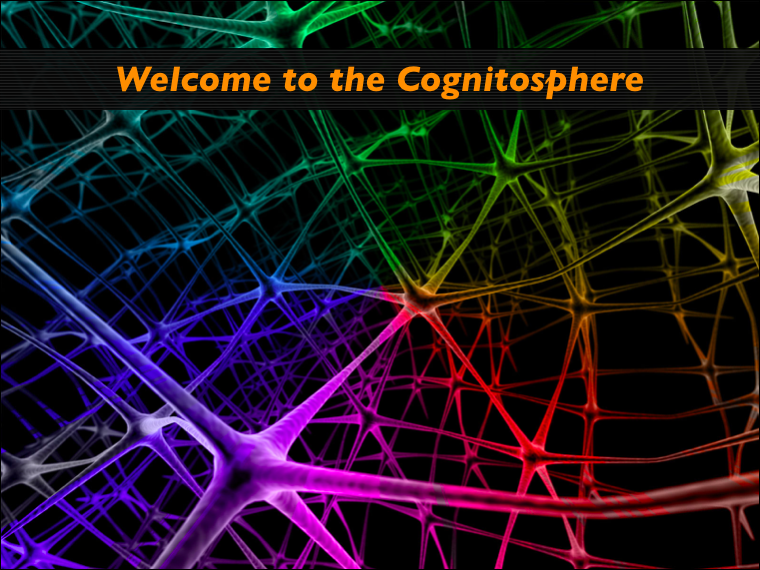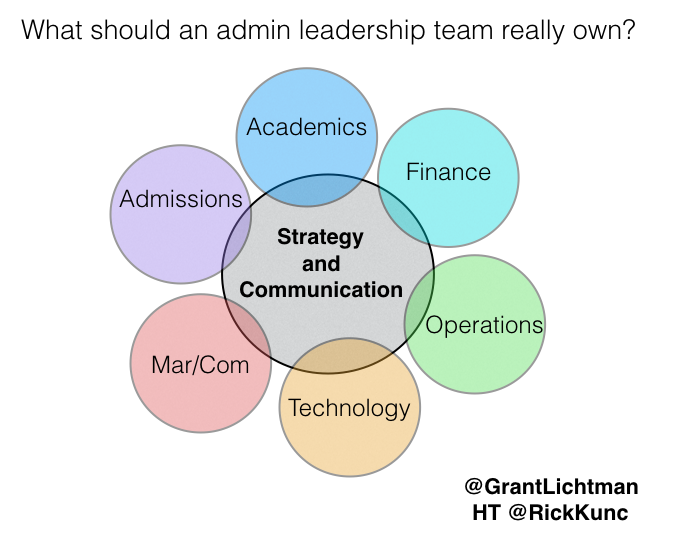Following my great Skype yesterday with Sean Ness (@seanness)and Devin Fidler (@devinfidler) of the Institue For The Future, they were kind enough to highlight a number of their publicly available resources that relate to the future of education and learning. I will certainly be leveraging these as I develop my active learning opportunities for educational leaders. I found an enormous synergy between what their research indicates are significant trends for the second decade of the 21st Century, and my own core ideas that I have been developing over the last several years. The quotes here are from their report 2020 Forecast: Creating the Future of Learning:
School communities will become increasingly resilient. Education that acts like an ecosystem is by nature embracing of, not resistant to, disruptive changes and mutations. Tendencies toward diversity and evolution naturally strengthen the system.
…we will need to encourage “distributed innovation” that extends beyond the boundaries of any one organization or community, and will need to create platforms for collaborating and applying the “collective intelligence” of many individuals to form our resilience strategies.
Entrepreneurial educators lead at all levels. Positional authority gives way to situational authority as teachers, administrators, and students create and share new pathways for learning through globally connected social and professional networks.
“amplified” educators and learners will become the organizational “superheroes” of schools and districts. Their approaches will challenge institutional hierarchies and policies but will also provide the exemplars of, and provocations for, innovation.
A global learning economy focuses on value as perceived by the consumer, not the structures which have defined schools in the past. Schools as we know them will evolve to include, or yield to, competitors or collaborators that provide value-based essentials at a lower cost.
The globalization of open learning systems characterized by cooperative resource creation, evaluation, and sharing will change how educational institutions view their roles and will offer new forms of value in the global learning ecosystem. Education institutions will no longer be exclusive agents of coordination, service provision, quality assurance, performance assessment, or support. In fact, other players might be more equipped to provide these functions in the distributed ecosystem.
Design as Philosophy. Learning platforms become increasingly adaptive and differentiated for each student.
…an emerging toolset for designing personalized, learner-centered experiences and environments that reflect the differentiation among learners instead of forcing compliance to an average learning style and level of performance.
Diversifying Learning Geographies. The flow of knowledge in the cognitosphere as dictated by Bejan’s Constructal Law amplifies the presence of learning nodes which are highly connected and generative, as opposed to the current system based on knowledge consumerism.
As learning resources proliferate in neighborhoods and cities around
the world, communities will become the world’s classrooms. Learning
geographies will diversify as some communities become learning deserts
barren of learning resources, while others become oases teeming with
dynamic learning ecosystems.
I encourage others to poke around the IFTF site and take advantage of their public resources. I plan to connect with them again in the fall and see how we can focus their forward-looking resources more closely on the challenges of K12 education.





[…] Congruent Thinking on Future of K12 via IFTF.org | The Learning Pond […]
A great piece. Looking forward to sharing this and your Tedex talk to Denver teachers with workshop for new independent school teachers at The Bryn Mawr School this week.
Thanks so much, Jason. If there is anything else I can add or help with as you prepare for the workshop, please let me know!